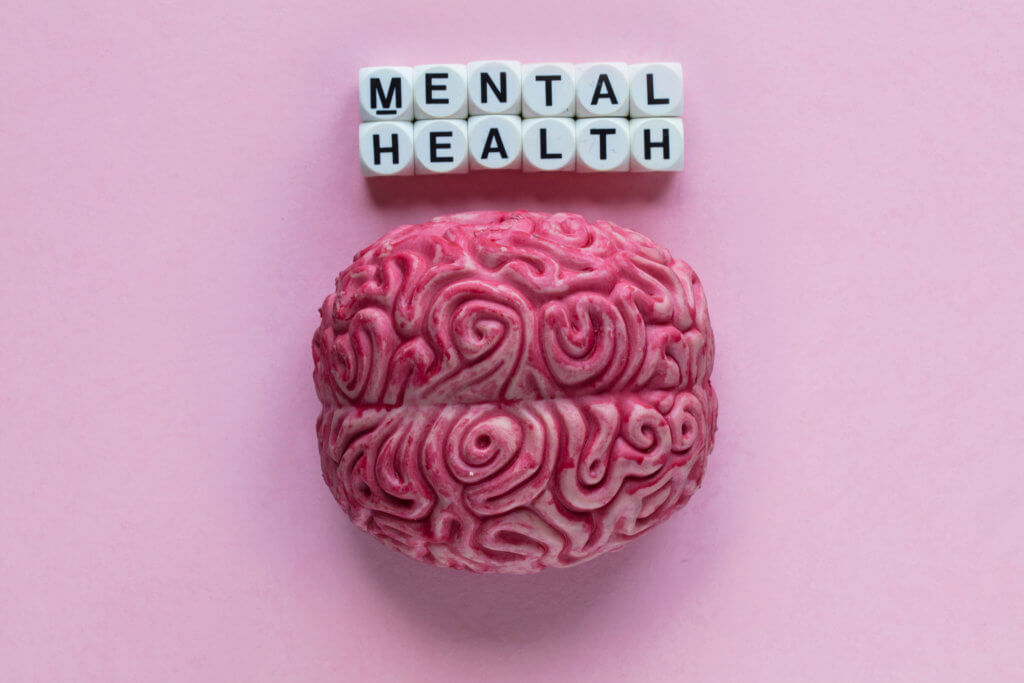Patients with mental health conditions like OCD or addiction struggle with the issue of “credit assignment.” This means they make a wrong connection between an event and its outcome: If I don’t align all these pencils perfectly, a loved one will die. If I have one more pill, everything will be OK. Researchers from the University of Plymouth in England now have discovered how this process works in the brain and how it can be interrupted using ultrasound technology.
Studying macaque monkeys, the researchers identified the parts of the brain supporting the credit assignment process. They were able to regulate related brain activity — and consequently behaviors — tied to the process using low-intensity transcranial ultrasound stimulation (TUS).
The team found that credit assignment-related activity is located in the lateral prefrontal area of the brain, an area supporting adaptive behaviors. Stimulating this area made the monkeys more experimental in their decision-making process; after TUS, the monkeys were less adaptive when making decisions. The decision-making process remained unaltered if another, nearby region of the brain was stimulated.
“The brain is like a mosaic — there are multiple parts doing different things. Each part may be linked to a certain behavior. The challenge is first to know whether this behavior is causally linked to a certain brain region. Only brain stimulation allows you to answer this question,” says the study’s first author Dr. Elsa Fouragnan, in a statement. “The second challenge is that if you disrupt or modulate one part, then it can affect several others, so we need to understand how brain areas work together, and how they affect each other if one is stimulated or disrupted.”
In the study, interrupting the credit assignment process with TUS proved to be safe and fast. With additional research, TUS could be used in humans to treat psychiatric conditions. “The really interesting finding in this study is not only discovering where certain decision-making activities take place, but also how neuromodulation can change these and associated behaviors,” says Dr. Fouragnan. “We hope that this can pave the way to new studies in humans, particularly in patients experiencing mental health issues.”
The study was published in the journal Science Advances.
Article written by Clio Rourke












